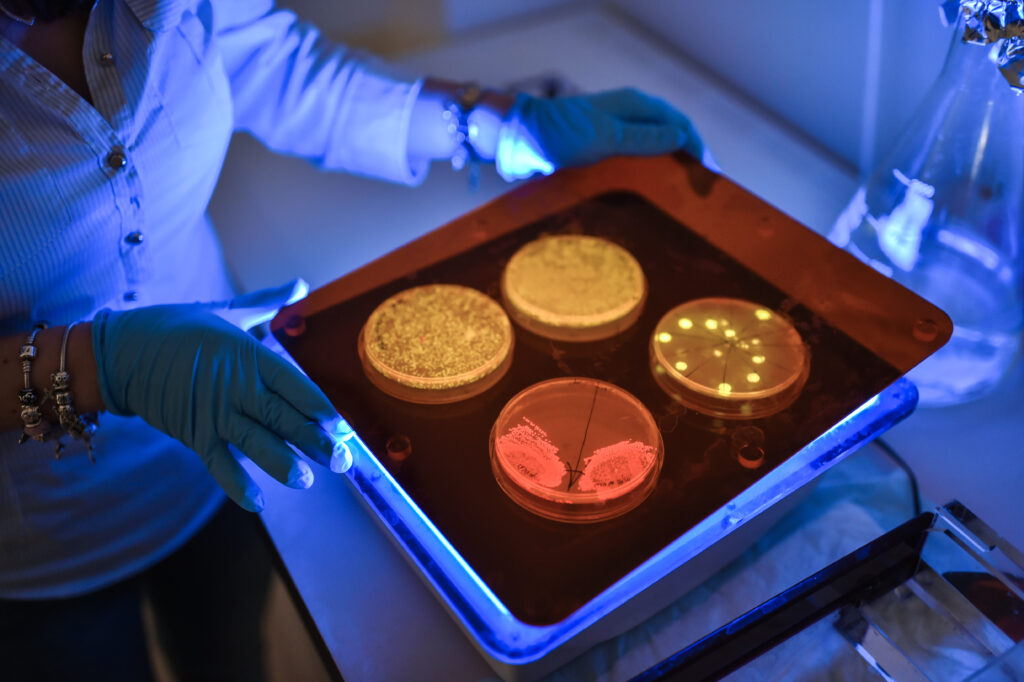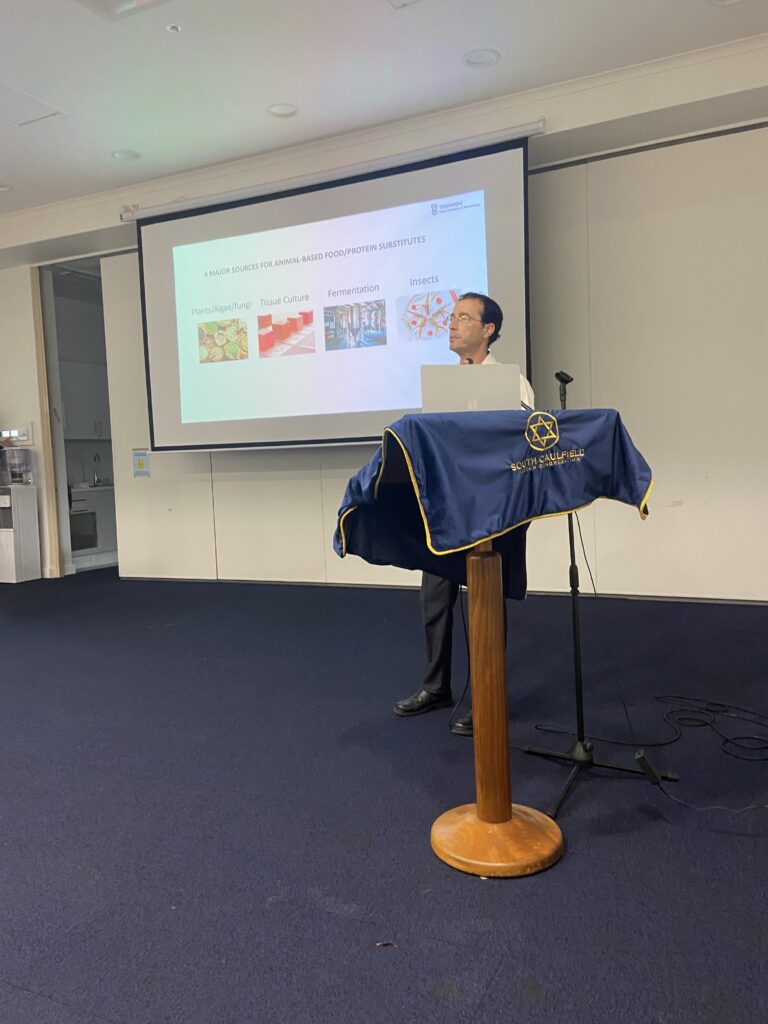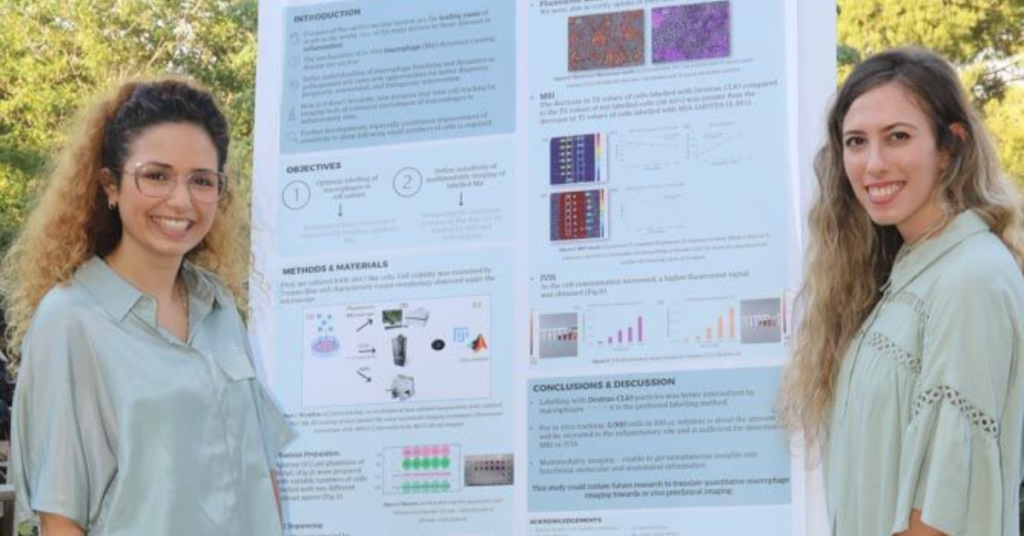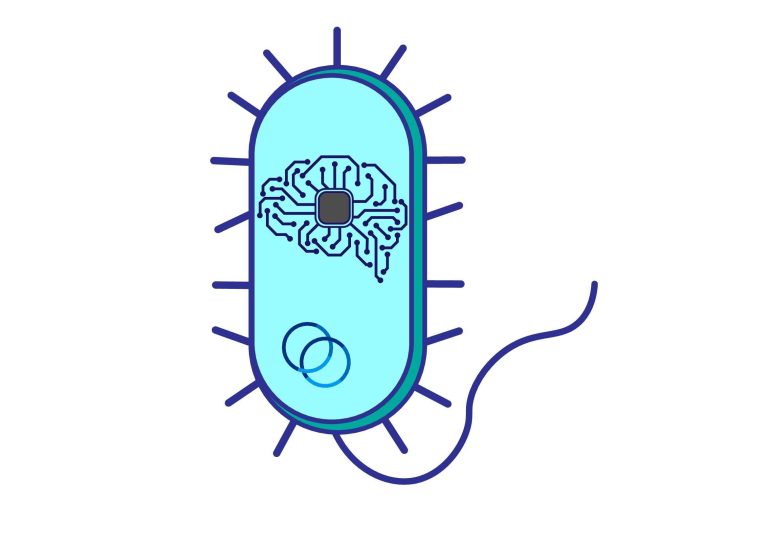Aleph Farms leads the charge in sustainable food innovation with lab-grown beef, marking a significant milestone in ethical and environmentally conscious food production.
Challenges in scaling and cost remain, but the vision for a guilt-free, sustainable future in protein consumption shines brighter. A multidisciplinary approach spearheaded by the Sustainable Protein Center aims to overcome these hurdles, promising a transformative impact on global food systems.

We have just marked an historic milestone in the journey towards sustainable food production. Aleph Farms, an innovative company at the forefront of cultivated meat technology, received world first approval to market its lab-grown beef products in Israel. This breakthrough heralds a new era in food production, one where meat is grown from animal cells in a lab rather than obtained through traditional livestock farming. The future of cultivated meat is one where food is produced without the ethical and environmental concerns associated with conventional animal-based food industries. That, or course, includes pollution, dwindling land and water resources, greenhouse gas emissions, deforestation, antibiotics-resistant bacteria proliferation and animal welfare issues.
Cultivated meat, also known as cultured meat or clean meat, involves extracting a small sample of animal cells, known as “stem cells”, and nurturing them in a controlled environment to grow into muscle tissue – essentially producing real meat without the need to raise and slaughter animals. This method aims to drastically reduce the environmental footprint of meat production and address ethical concerns, providing a sustainable, guilt-free alternative to traditional meat.
The significance of Aleph Farms’ achievement cannot be overstated. It paves the way for a future where food production aligns with the growing global demand for environmentally friendly, ethical and sustainable dietary choices.
Professor Yoav Livney from the Faculty of Biotechnology & Food Engineering at the Technion – Israel Institute of Technology, recently visited Sydney and brought these discussions to the forefront, highlighting the evolving landscape of food technology. During his briefings, he explored the variety of technologies available for creating alternative proteins, not just meat, but also dairy and egg products. However, despite the excitement surrounding these innovations, the technologies for producing alternative protein are not yet fully mature. Challenges, such as scaling up production, reducing costs to reach price parity with the parallel animal products and ensuring desirable sensory properties and nutritional equivalence remain.
Yet, the reformulation of animal food substitutes provides an opportunity to create products of greater nutritional and health impact compared to the original animal-based products, by removing undesired components (like mercury in fish or saturated fats in beef) and adding more health promoting ones (vitamins, or healthy oils).
Recognising these hurdles, Professor Livney has taken a significant step by establishing the Sustainable Protein Center at the Technion. This multidisciplinary research hub aims to further explore and promote solutions for sustainable protein production, supporting companies in their mission to bring these innovative products to our tables in a cost-effective and healthy way.

The dawn of cultivated meat and alternative dairy products represents more than just a technological marvel; it signifies a shift towards a more conscientious and sustainable approach to food production.
In embracing these innovations, we’re not just changing what’s on our plates, we’re reimagining the very essence of how we produce and consume food. The journey towards sustainable protein is just starting, but with leaders like Professor Livney and the breakthroughs achieved by Aleph Farms, the path forward is clearer and more promising than ever.


